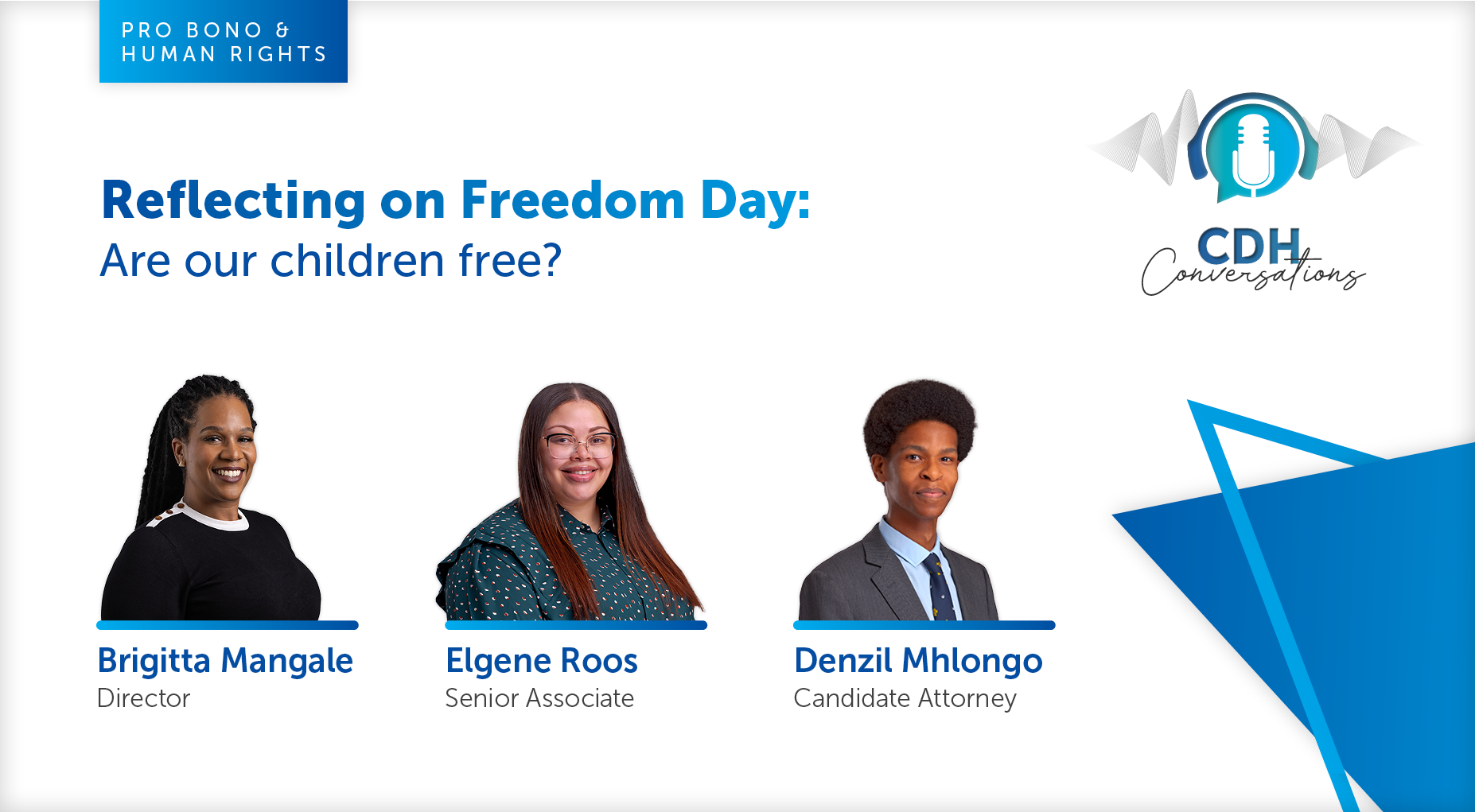Cross-border coordination: Clamping down on cartel conduct
Cartel conduct is known as the most egregious of competition law violations. However, its secretive character makes cartels notoriously difficult to detect and prosecute. Pursuant to increased enforcement efforts, leniency programmes which seek to eradicate and prevent cartel activities have been adopted at national level by several ICN members, including South Africa. While this has contributed to the successful prosecution of international cartels, it has also bifurcated the enforcement landscape. The Guidelines provide recommendations geared toward harmonising this status quo with the aims of “making international enforcement efforts more effective and second, helping to reduce disincentives for prospective leniency applicants”. Key recommendations include:
- Confidentiality:
Competition agencies to provide clear guidance on rules and regulations that govern their leniency confidentiality policies that protect an applicant’s identity and information provided from being disclosed to third parties, including on what terms a competition agency will cooperate and share information with other agencies. In terms of the latter, prior consent is often required which typically takes the form of a waiver of confidentiality being sought from the applicant to discuss the application with other relevant competition agencies. Bearing in mind that, on a case-by-case basis, some confidential information may be shared to another agency without consent (for example, where other appropriate information exchange frameworks exist).
- Transparency/Predictability:
Adopting open dialogue between the cooperating competition agencies, and between the agencies and leniency applicant throughout the leniency process so as to temper and/or timeously tackle the differences between jurisdictions’ leniency polices. Communication between competition agencies includes both formal and informal contacts, in respect of confidential and non-confidential information, and should be ongoing. Disclosures of this nature may enable other jurisdictions to undertake proactive investigations or take steps to preserve evidence within their jurisdiction.
- Coordination:
An initial teleconference with all jurisdictions with a common leniency applicant so as to ascertain the scope of the conduct and stage of the investigation. To this end, agencies will be able to assess whether sufficient jurisdictional overlap exists to warrant the coordination of future investigatory efforts. This may be achieved by several means, including, coordination over evidence that has either already been obtained or is still required, the timing of dawn raids or searches and other steps that take the investigation into the overt stage, and the use of formal powers or measures seeking to preserve evidence in other jurisdictions. Coordination in the overt stage of a case is also pertinent and can include providing notifications of key events, discussions of evidence, further investigative steps (such as interviews) and the approach to determining remedies and imposing sanctions, particularly with regard to the calculation of fines.
The Guidelines serve as a non-binding cooperation instrument. However, while ICN members are not required to implement the Guidelines, they are known to view these instruments in high regard. That being said, the Guideline may serve as a springboard to intensifying cross-border leniency coordination and cooperation among ICN members, including South Africa, and as a step toward combating multinational cartel carnage. While prospective leniency applicants’ disclosures can expect to be more widely shared among various competition agencies, firms will be well placed to ensure that the implementation of their strategies and/or conduct are competition law compliant at both global and national level. Firms should not be duped by the current COVID-19 pandemic which creates an alluring fertile ground for competitor collaboration and must rather continue to act independently. With this shift toward global collaboration on competition law enforcement, the scope for non-compliance is steadily narrowing with a possible benefit of post-pandemic economic resilience.
The information and material published on this website is provided for general purposes only and does not constitute legal advice. We make every effort to ensure that the content is updated regularly and to offer the most current and accurate information. Please consult one of our lawyers on any specific legal problem or matter. We accept no responsibility for any loss or damage, whether direct or consequential, which may arise from reliance on the information contained in these pages. Please refer to our full terms and conditions. Copyright © 2026 Cliffe Dekker Hofmeyr. All rights reserved. For permission to reproduce an article or publication, please contact us cliffedekkerhofmeyr@cdhlegal.com.
Subscribe
We support our clients’ strategic and operational needs by offering innovative, integrated and high quality thought leadership. To stay up to date on the latest legal developments that may potentially impact your business, subscribe to our alerts, seminar and webinar invitations.
Subscribe




